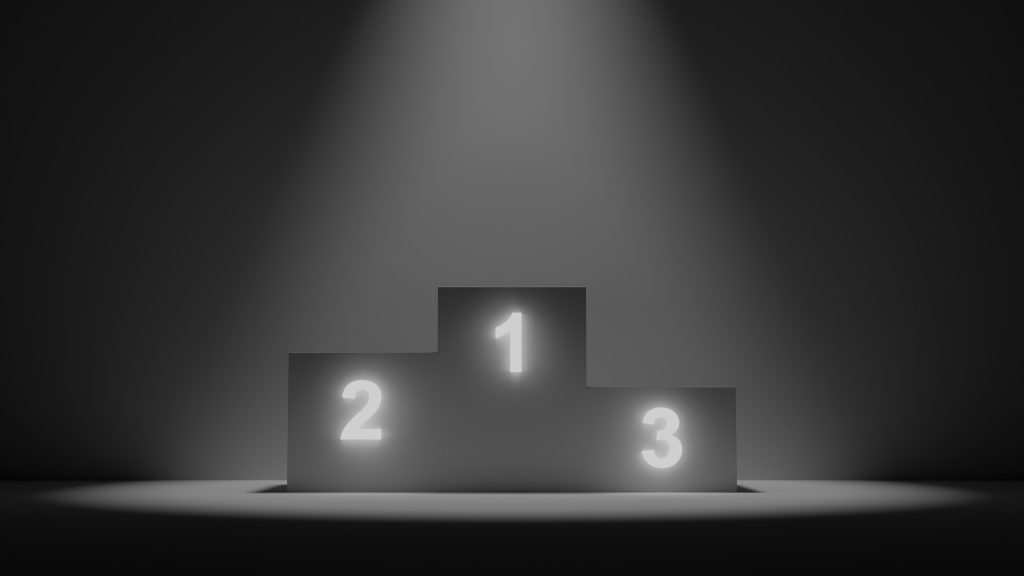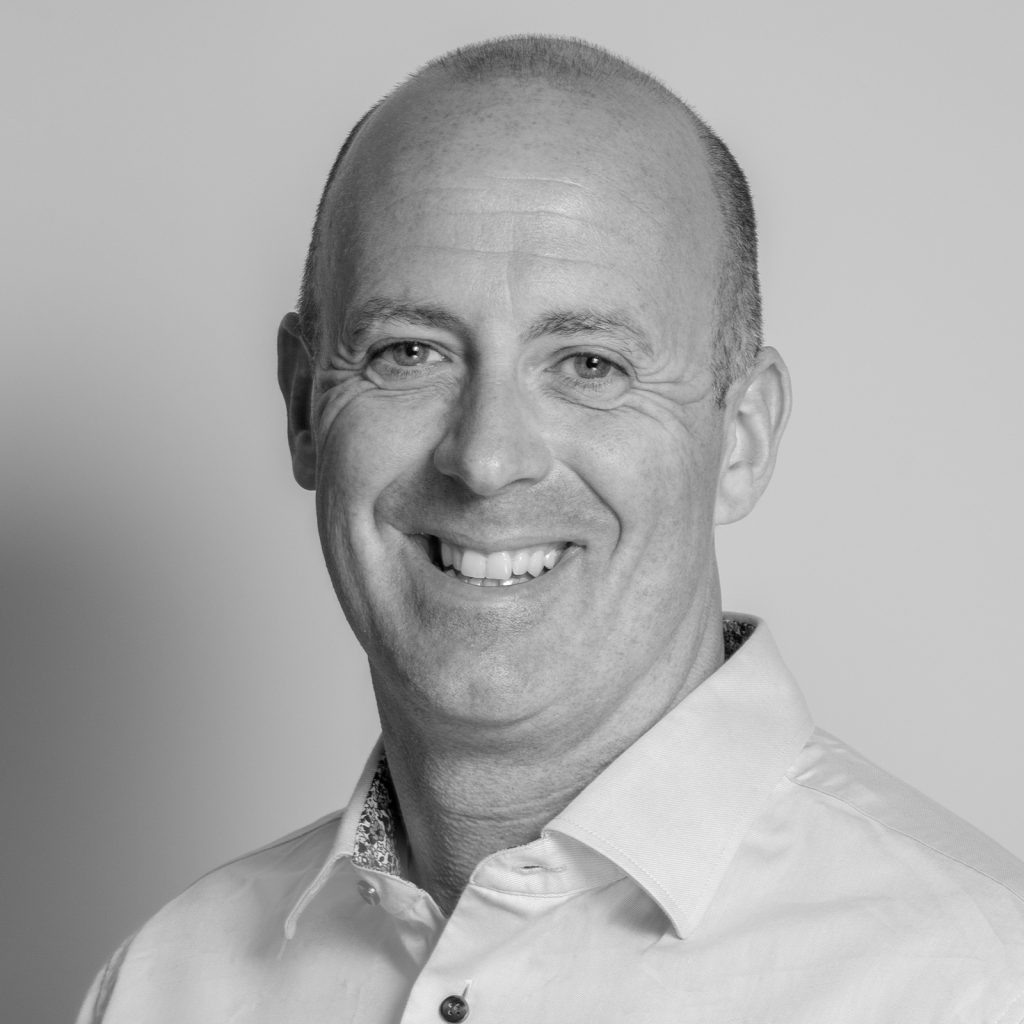Company wellbeing and business competitiveness. Two objectives that go together about as well as salmon ceviche and Maltesers. They just don’t seem to belong on the same business menu.
Or at least, that’s how we’re used to thinking.
It’s easy to see why. The word ‘wellbeing’ often conjures up one set of mental images – Tai Chi in the park, perhaps – that seem a million miles from the world of spreadsheets, competitive research, and hard business realities.
And yet, wellbeing and competitiveness are linked in a surprisingly direct way. Here’s how we see the dots connecting:
- Business competitiveness is strongly influenced by strategy, key business decisions and successful management of business activities.
- All of the above are enacted or overseen by people.
- A company’s competitiveness is therefore underpinned by human performance – specifically in the day-to-day performance of their respective jobs.
- Important aspects of this performance include cognitive and decision-making ability, confidence, energy levels, and levels of absenteeism (staff have to be there to ‘perform’!) and presenteeism.
- Crucially, all these variables are related to an individual’s health and wellbeing. Research demonstrates (as we might expect) that happier, healthier people tend to score better on all these key aspects of work-related performance.
- Therefore, other things being equal, a company that effectively supports health and wellbeing stands to gain an edge over competitors that don’t
Makes sense, doesn’t it?
In addition, health and wellbeing impact on competitiveness through recruitment and retention. Increasingly, top quality candidates will research your company’s health and wellbeing provision. And if they don’t find what they’re looking for, they’ll be knocking on your competitor’s door.
To better visualise all this, let’s consider two hypothetical rival companies.
Acme Widgets vs Ace Widgets
Acme Widgets and Ace Widgets are two mid-sized businesses competing for the same customer base. They are evenly matched in every way. Each is determined to grow and get ahead in the fiercely contested widget marketplace. Staff in both companies – from the MD downwards – work hard, putting in long hours.
Both Acme’s and Ace’s management are concerned about the health and wellbeing of their teams. However, Ace decide that it’s something they will investigate in the future: right now, there are orders to fulfil and new customers to reach. But Acme decide to act now.
After a lot of research and due diligence, Acme engage a well-regarded wellbeing consultancy. The consultants get to work, enabling Acme’s staff to gather data on their own health and wellbeing. Then they use this to make personalised, holistic recommendations.
At Ace, things carry on much as before. As a typical company, their absenteeism rates average at 6.4 days per year, with associated disruption to business activities and loss in productivity. And, like 83% of employers, Acme see plenty of presenteeism, with staff struggling into work but not firing on all cylinders. According to the Sainsbury Centre for Mental Health, mental health issues associated with presenteeism cost the UK economy double what absenteeism does. Meanwhile, unhealthy work practices and lifestyle choices continue to chip away at the team’s mental resources. Exhausted managers in particular find it tough to retain key information and to focus during vital business meetings.
With no comprehensive effort to tackle these issues, promising Millennial staff jump ship, incurring enormous costs. In the age of Glassdoor, there’s no hiding Ace’s office culture from the world. Applicant quality gradually declines; it becomes harder to fill key roles.
Over at Acme, however, things begin to change. Not that their new health and wellness programme is a panacea – all the stresses and challenges of running an SME are still there. But staff show signs of coping more effectively. As health and wellbeing start to improve, so do attentional focus and short-term memory. In time, as burn out decreases, absenteeism and presenteeism fall to well below those seen at Ace. Existing staff want to stick around for longer, and Acme receive more enquiries from solid candidates — especially Millennials and Generation Z.
And in the cutthroat world of widgets, it doesn’t take a genius to see which company will, in the long-term, gain the competitive edge.
Meanwhile, back in the real world
OK, let’s be honest: in the real world, things are far less neat and tidy than in our Acme vs Ace scenario. But the underlying truth still holds – on an otherwise level playing field, business competitiveness comes down to the team’s day-to-day performance. As it turns out, a company is only as good as its people.
And people are only as good as their underlying health and wellbeing allow.
ART Health Solutions is a wellbeing consultancy, providing effective, science-based wellbeing recommendations. Our bespoke solutions are generated by gathering data directly from the organisation and its employees. Having proven our methods working with large, multinational corporations, we’re excited to bring our expertise to small and medium-size UK businesses.
To learn how we can benefit your company, please contact our friendly team.

